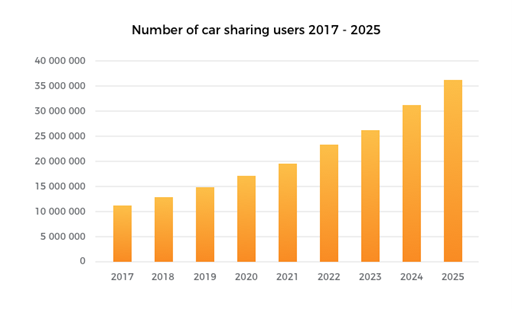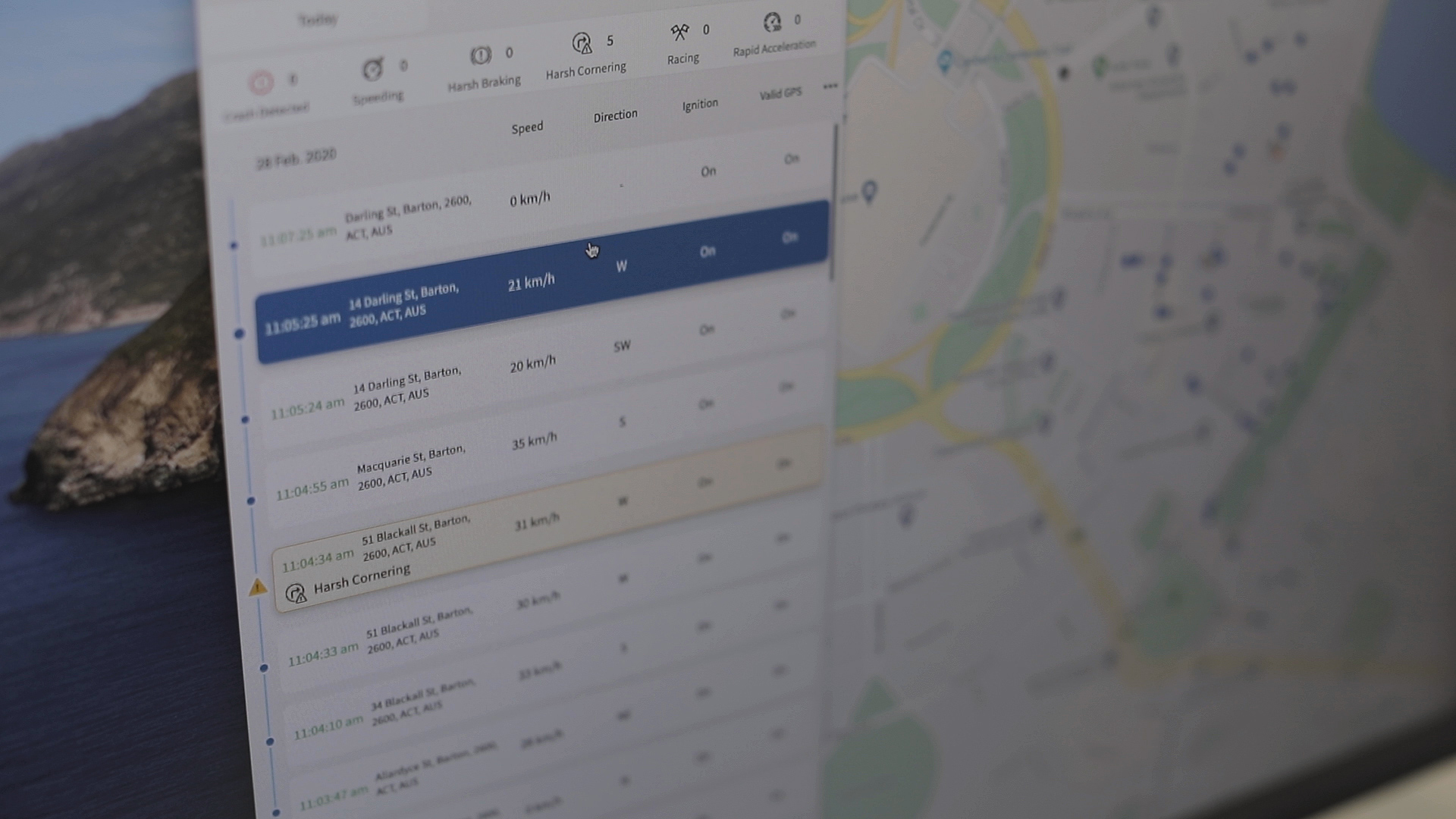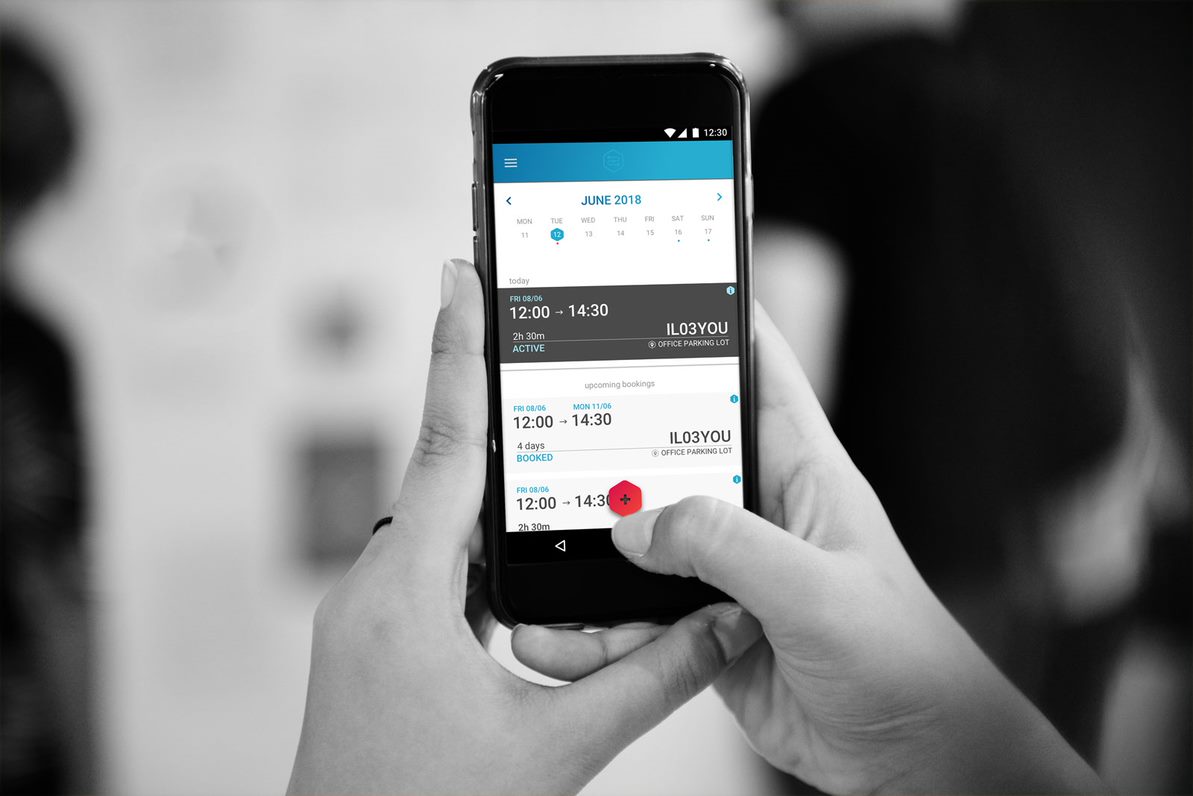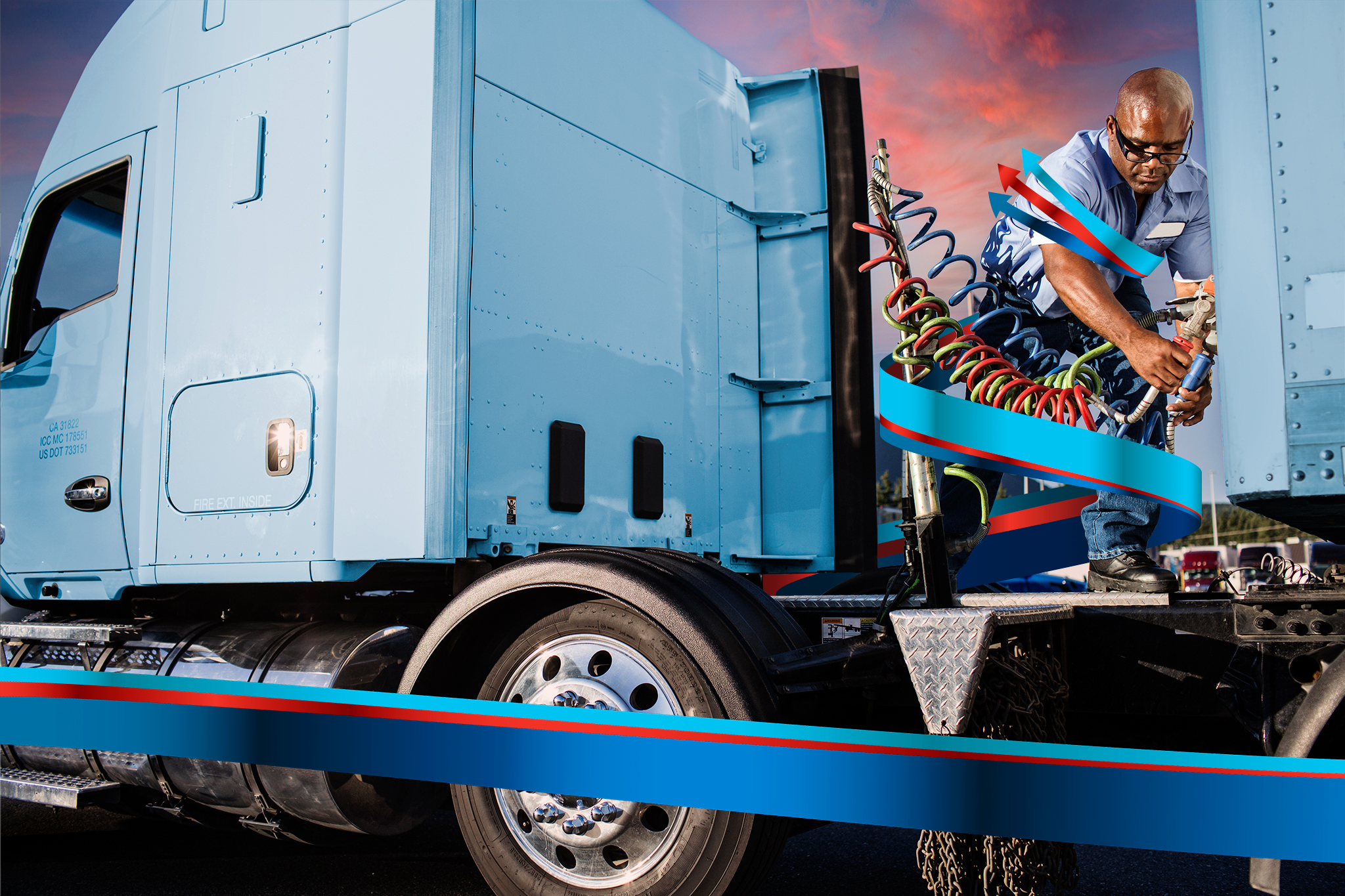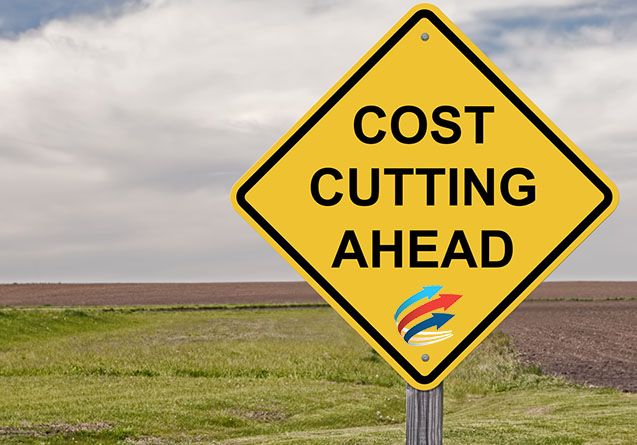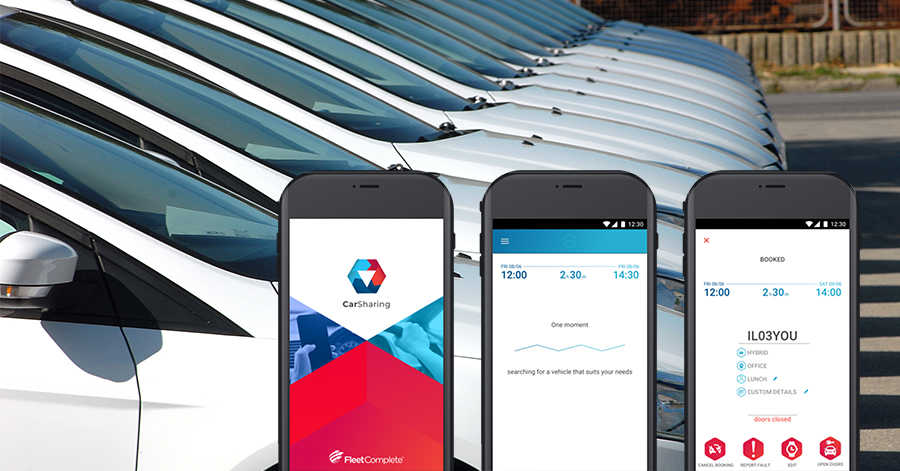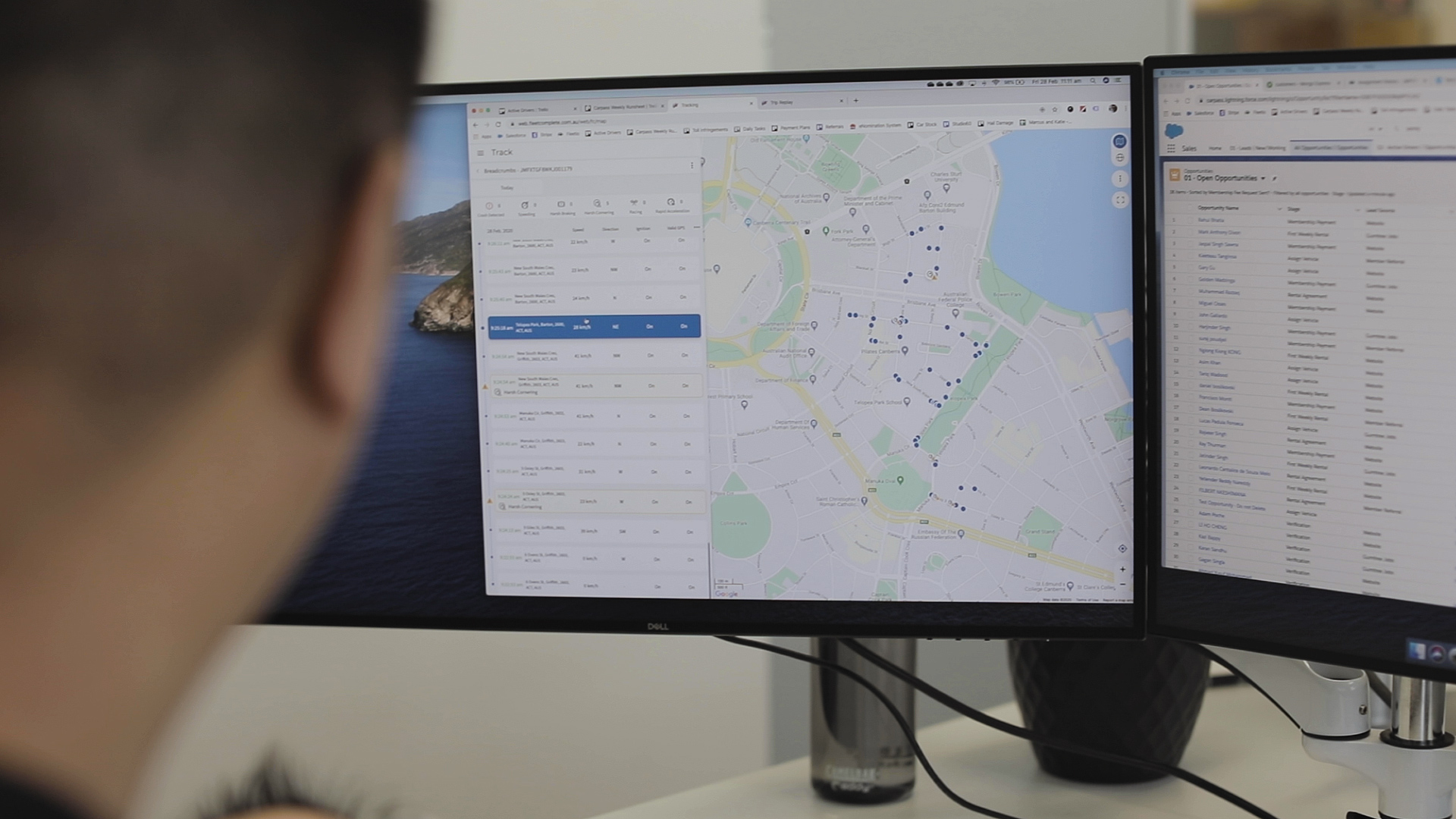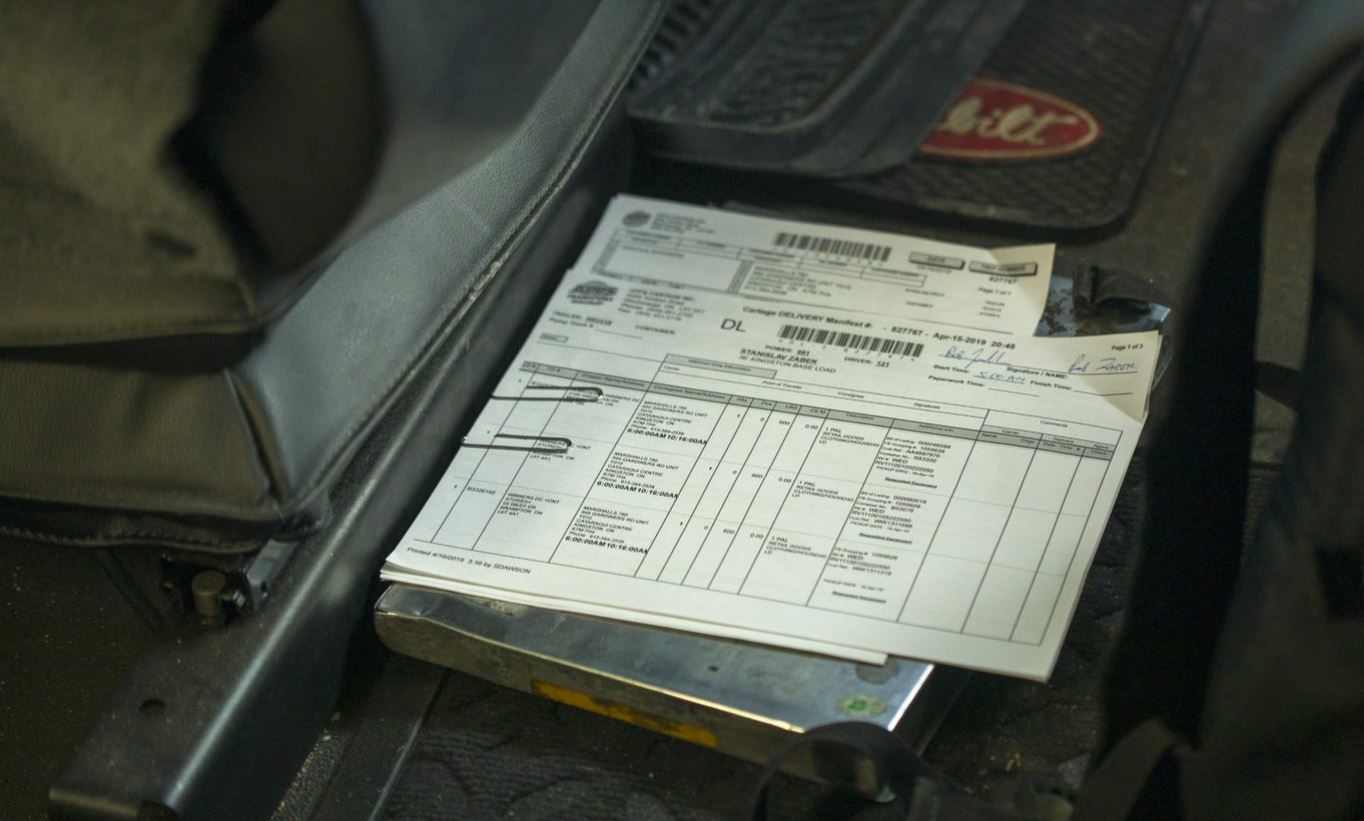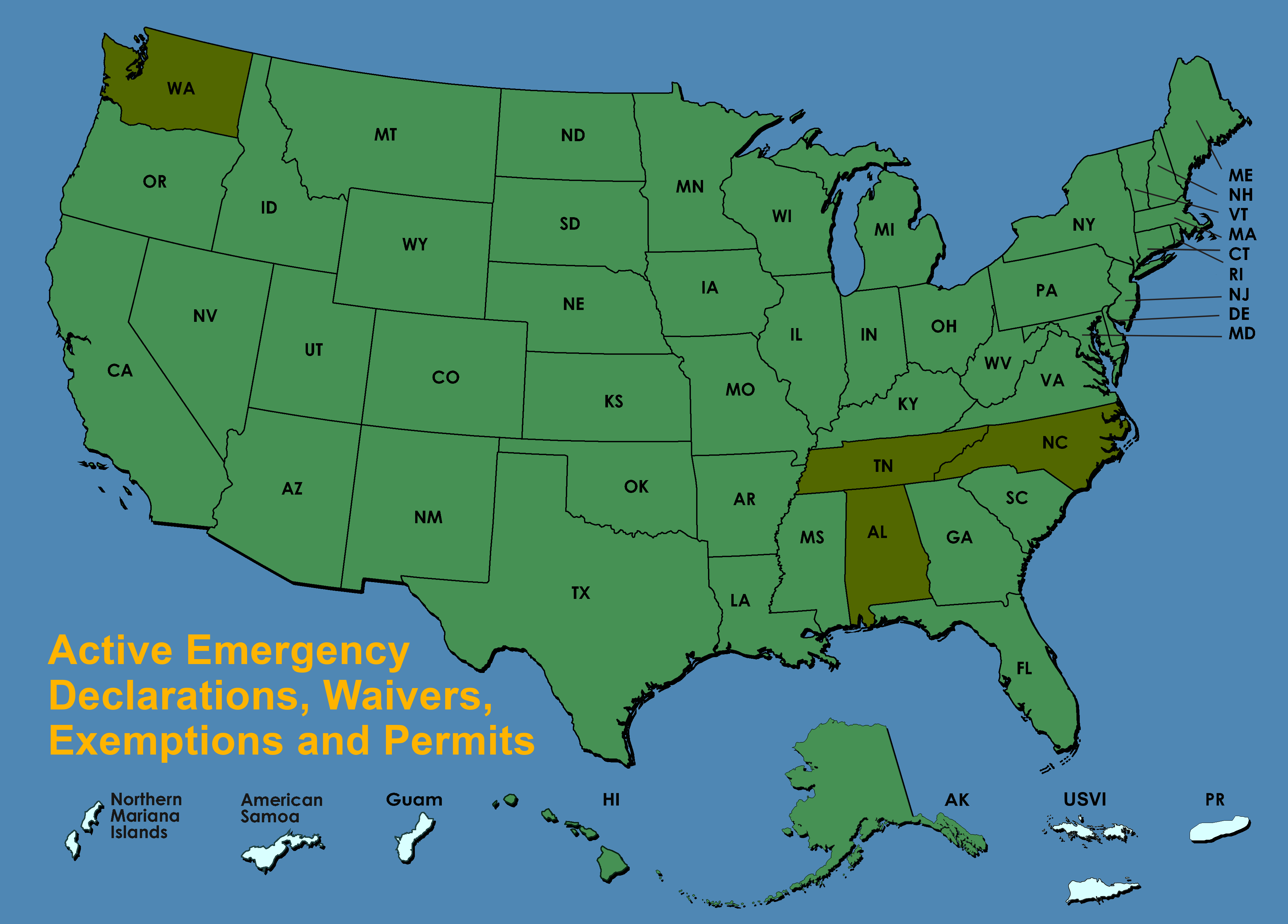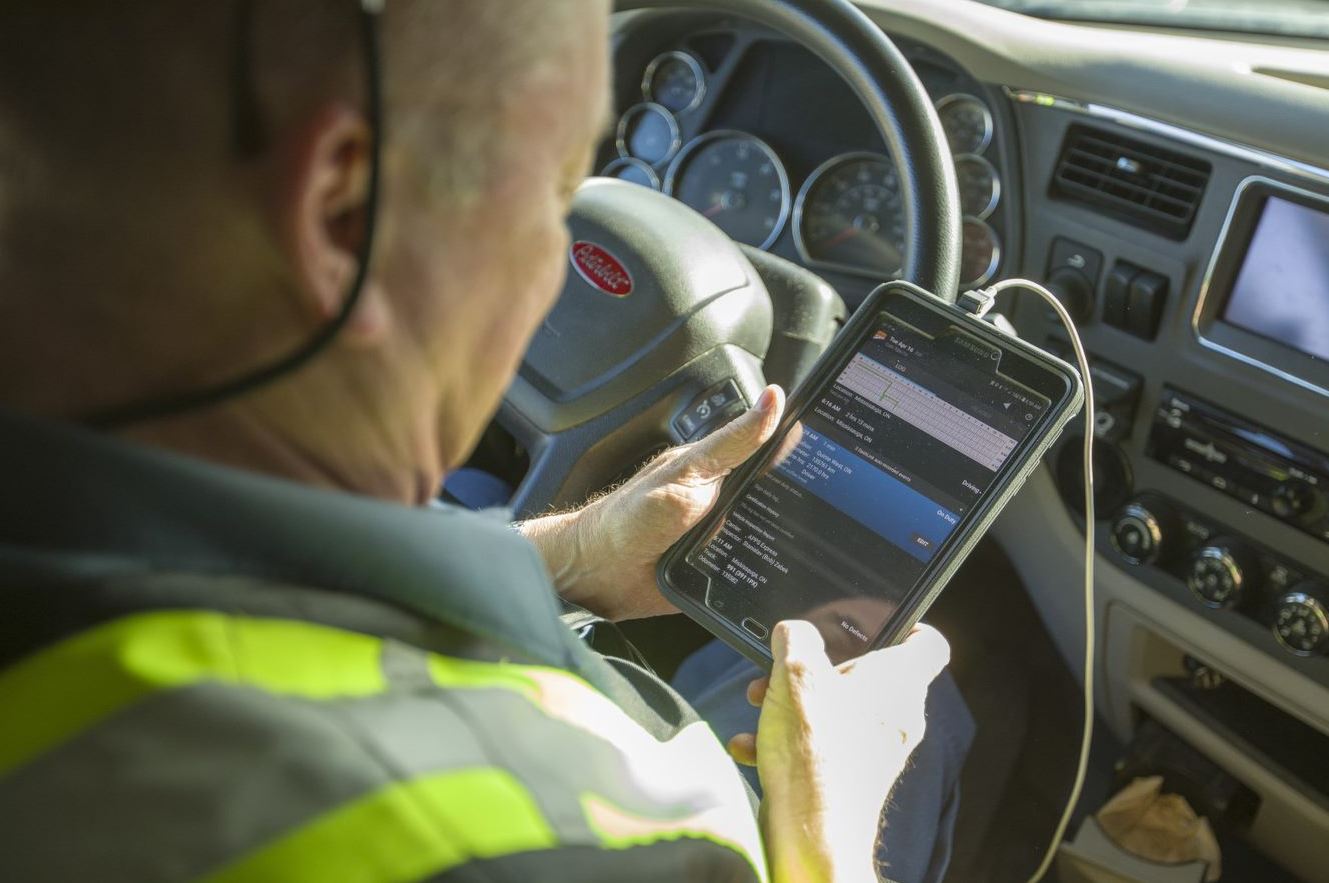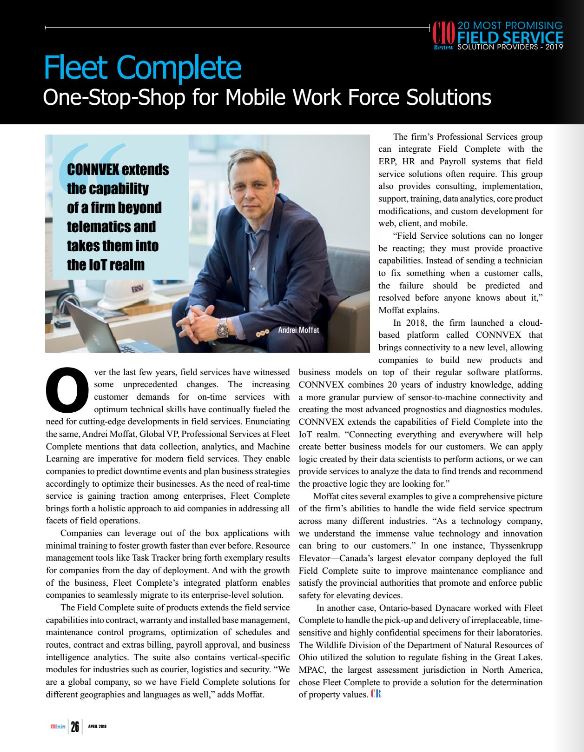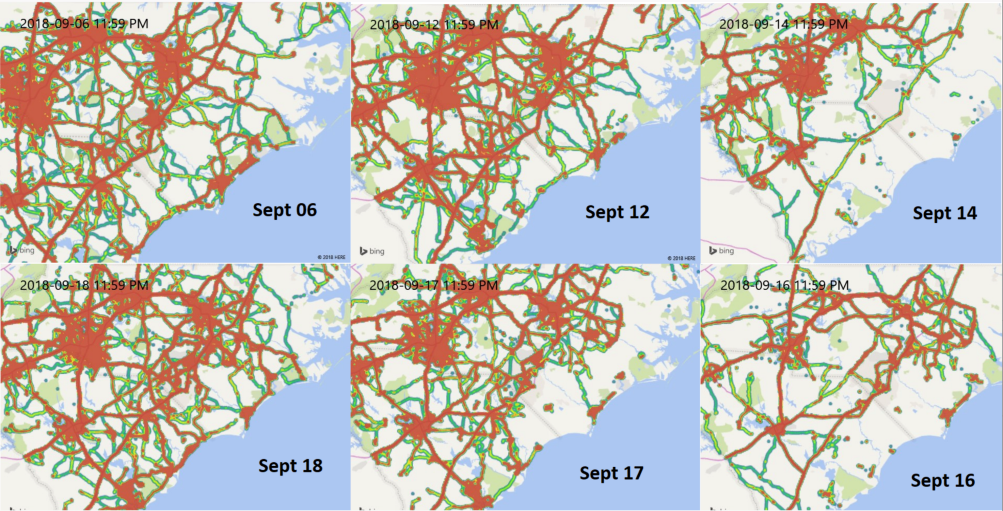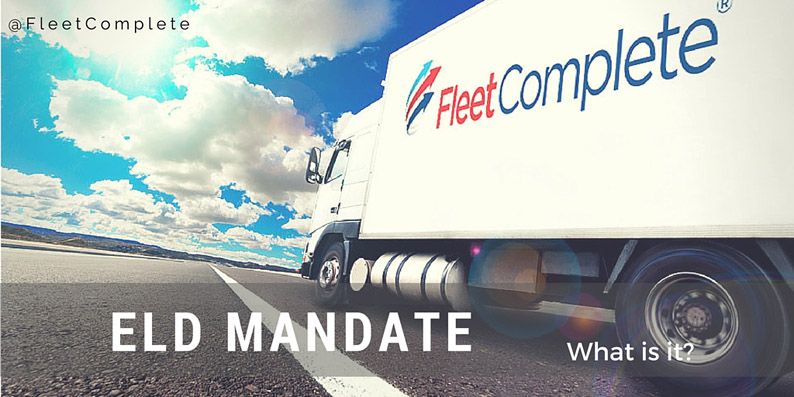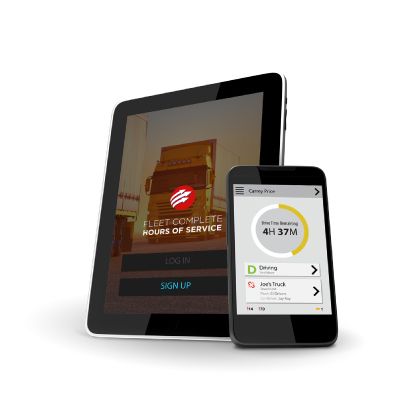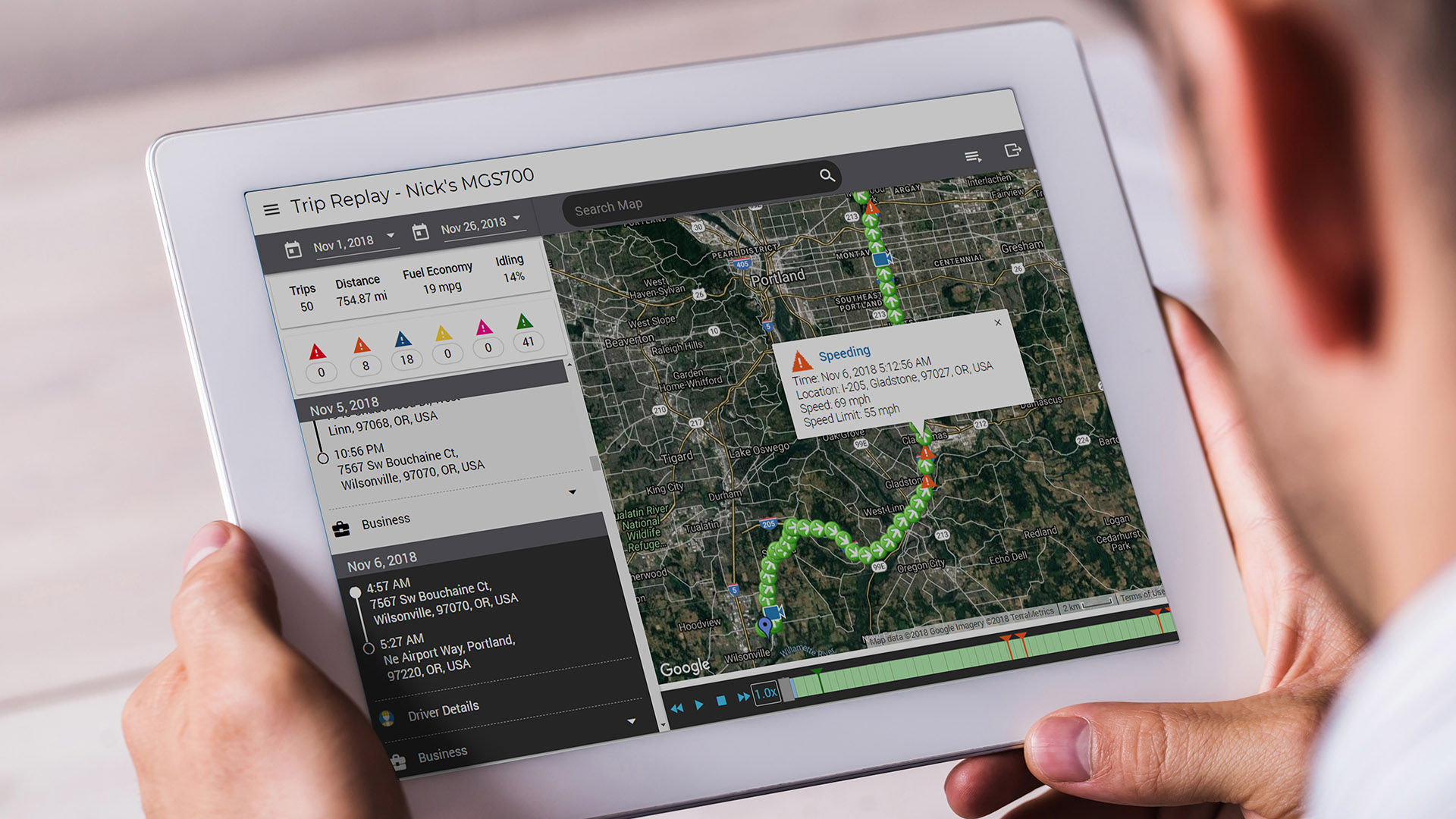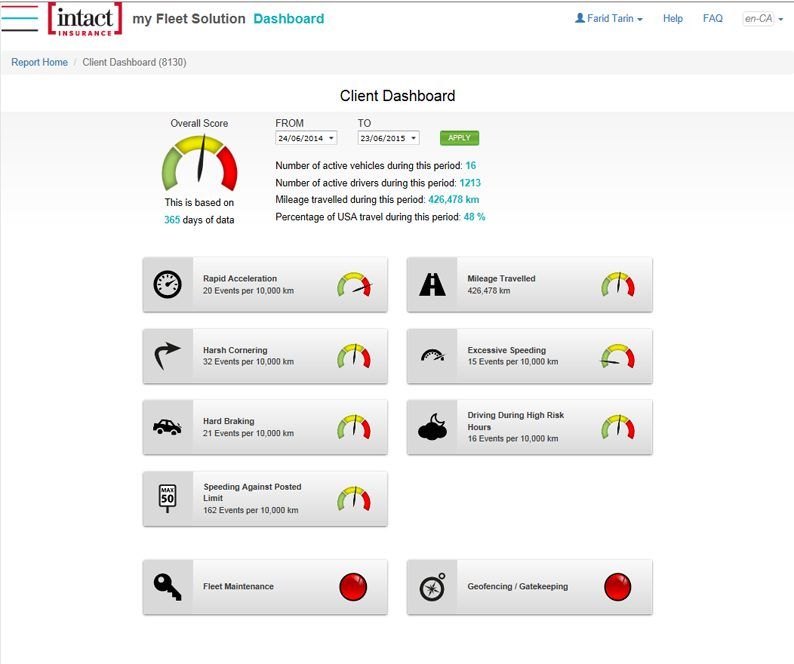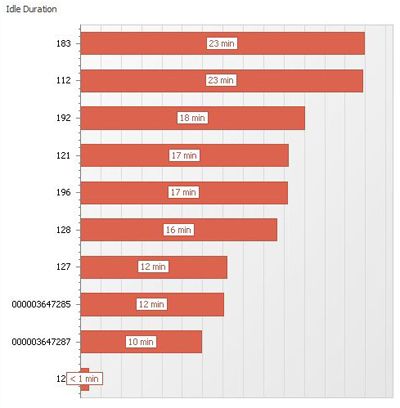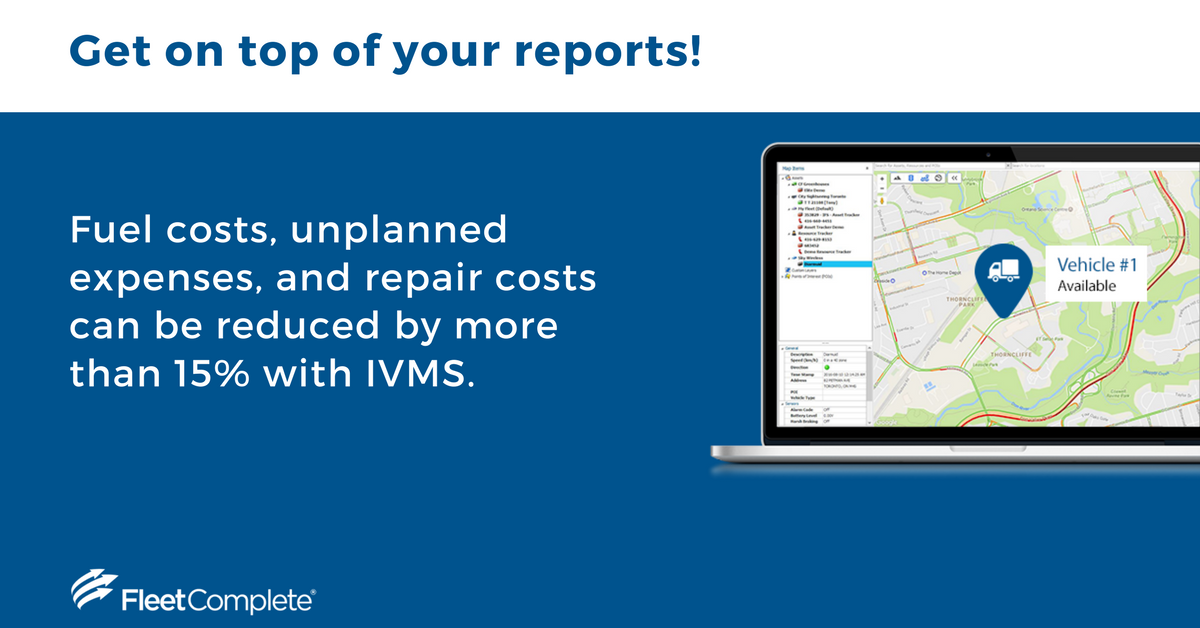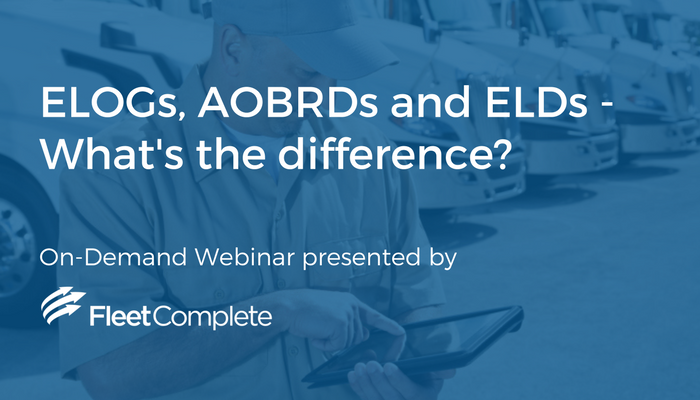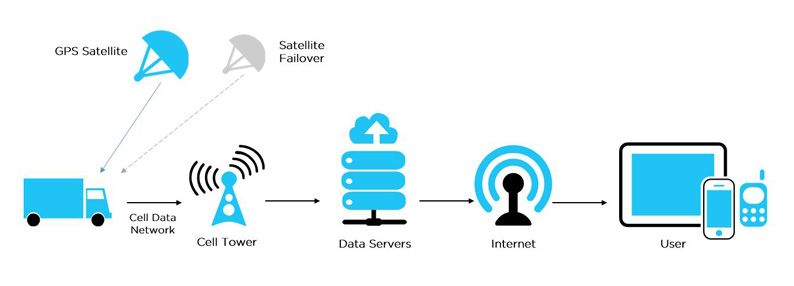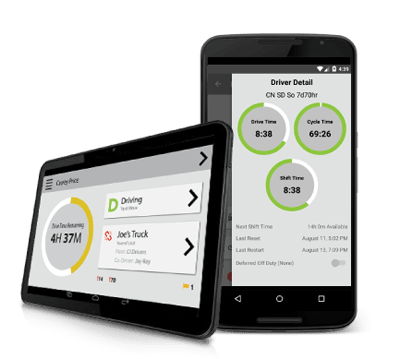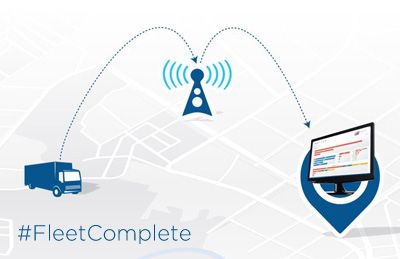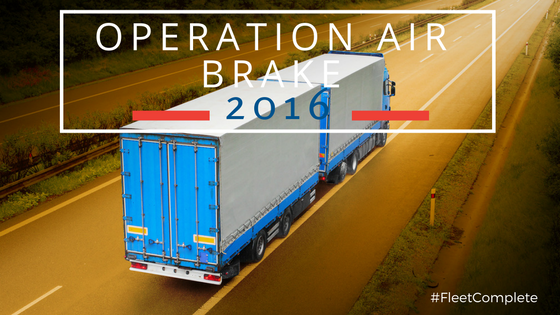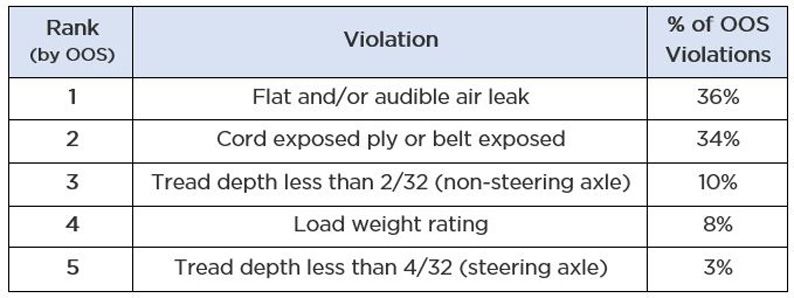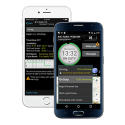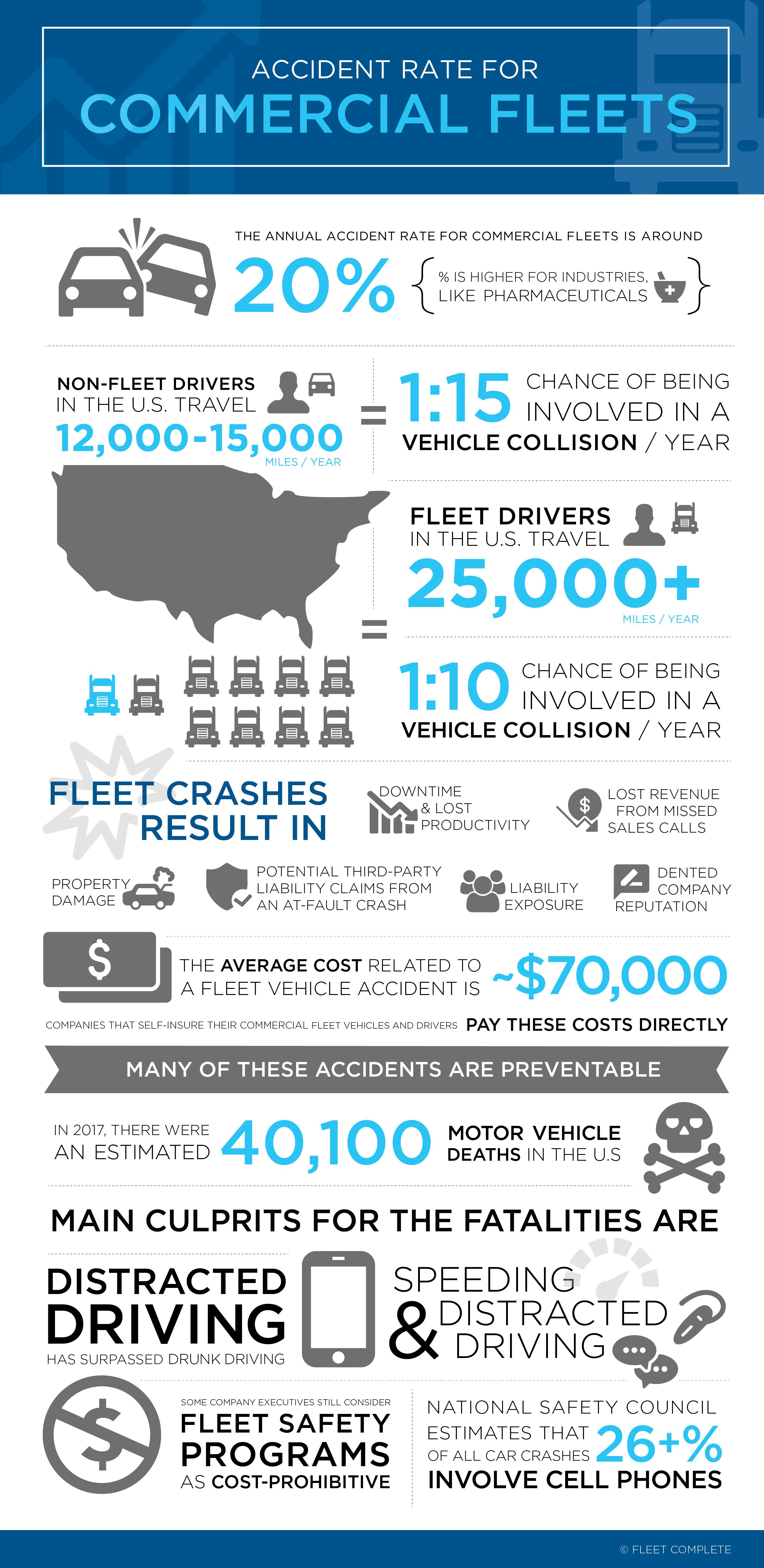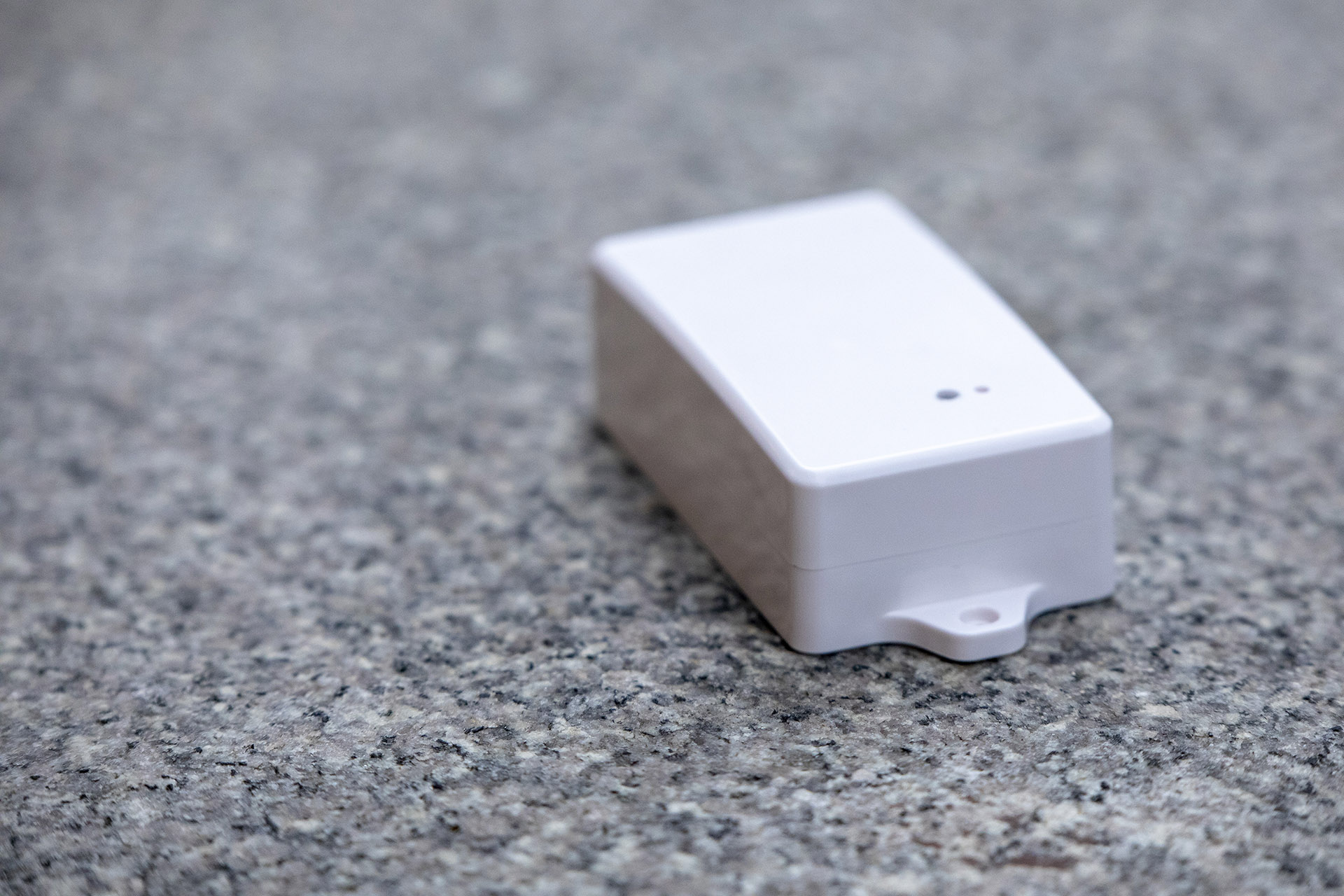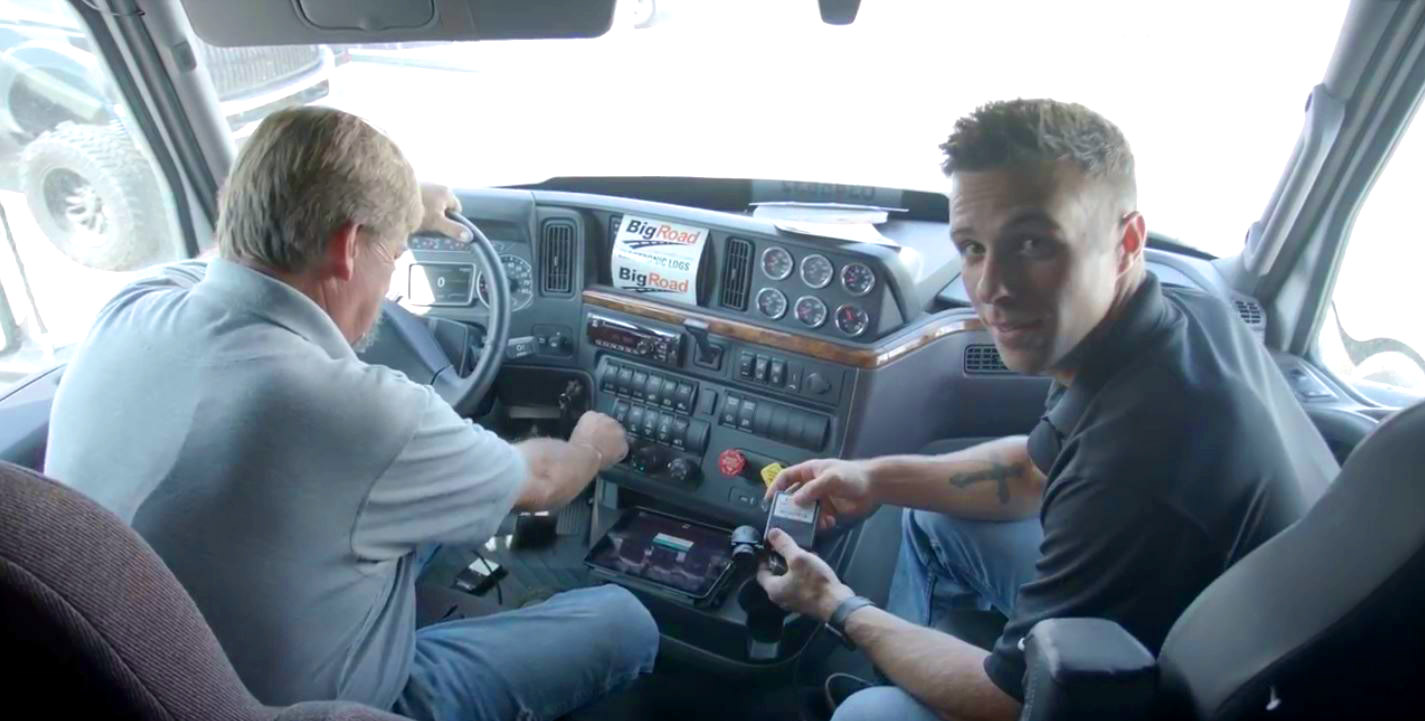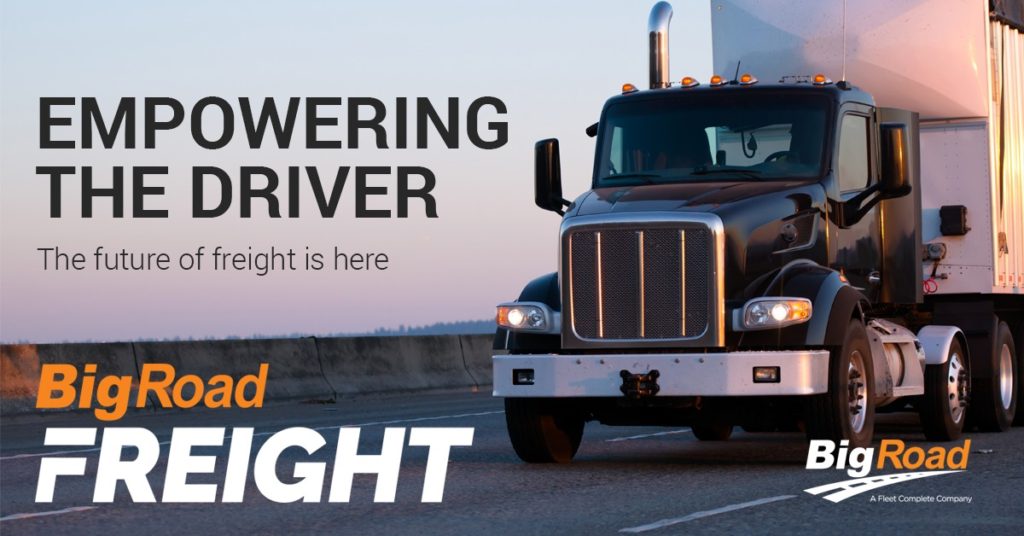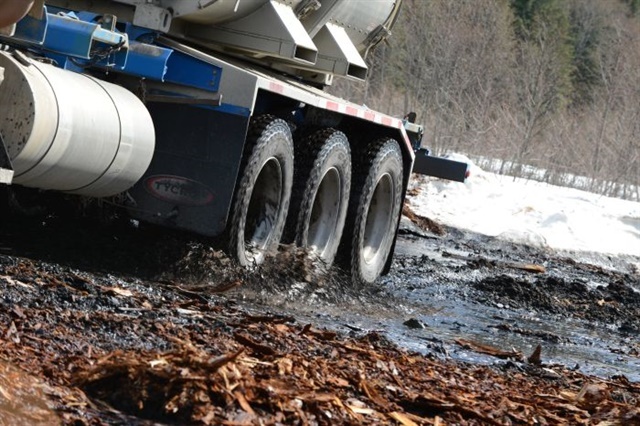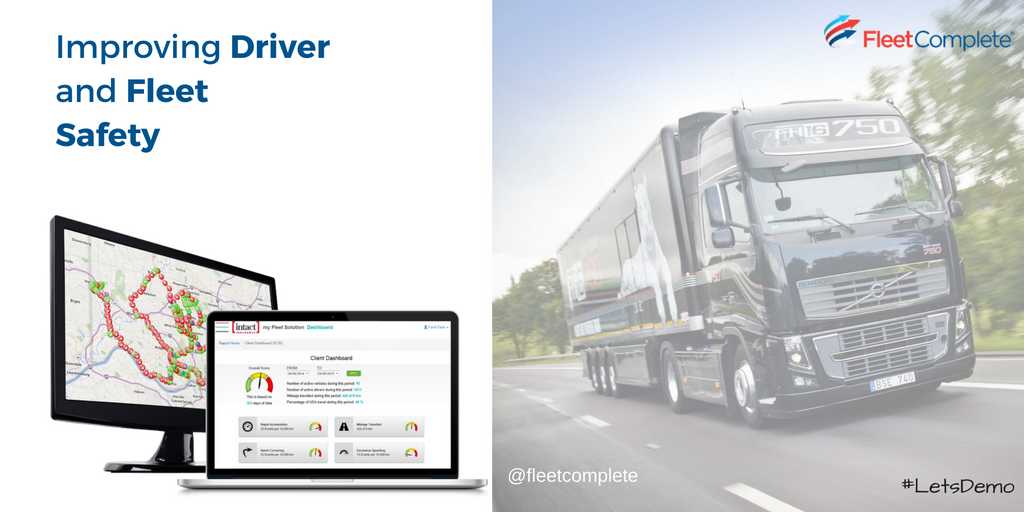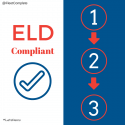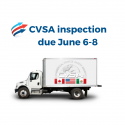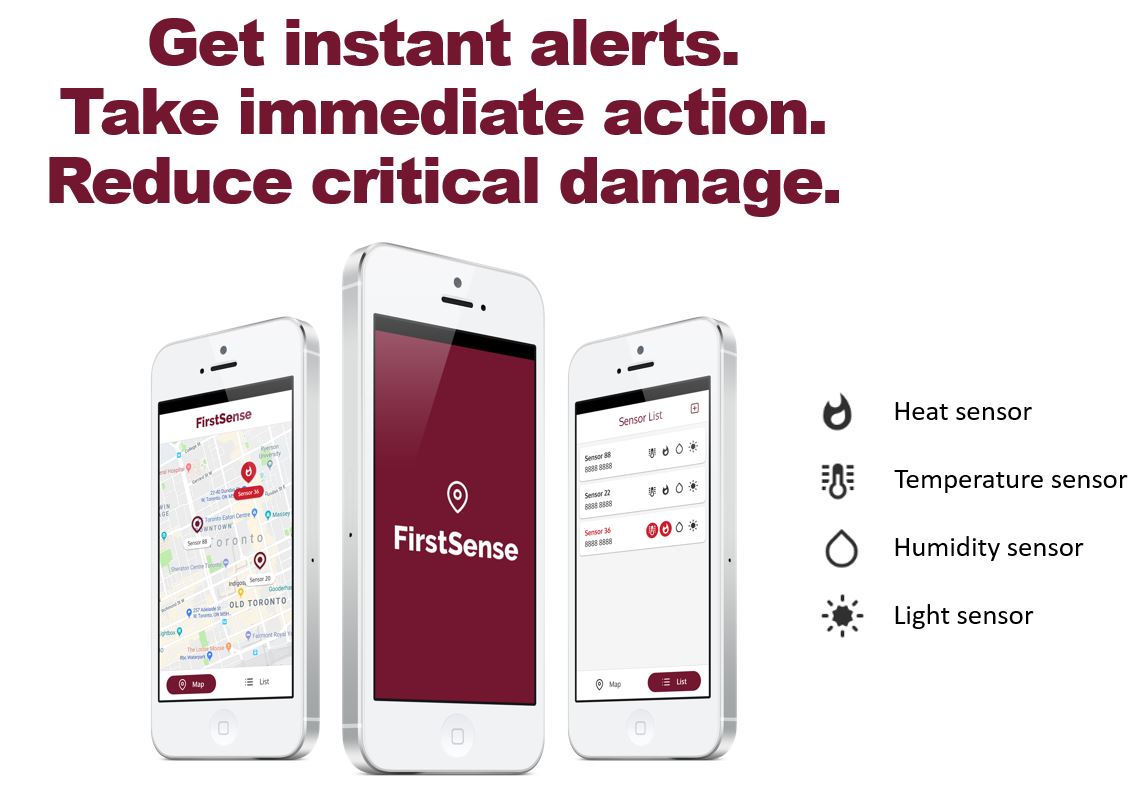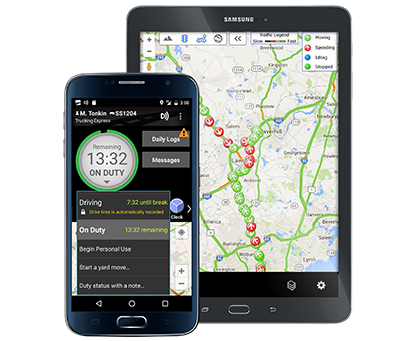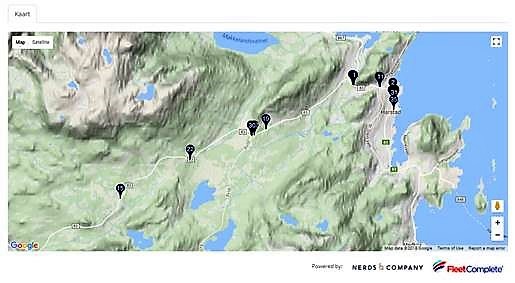Covering the bases for your upcoming International Fuel Tax Agreement (IFTA) Report.
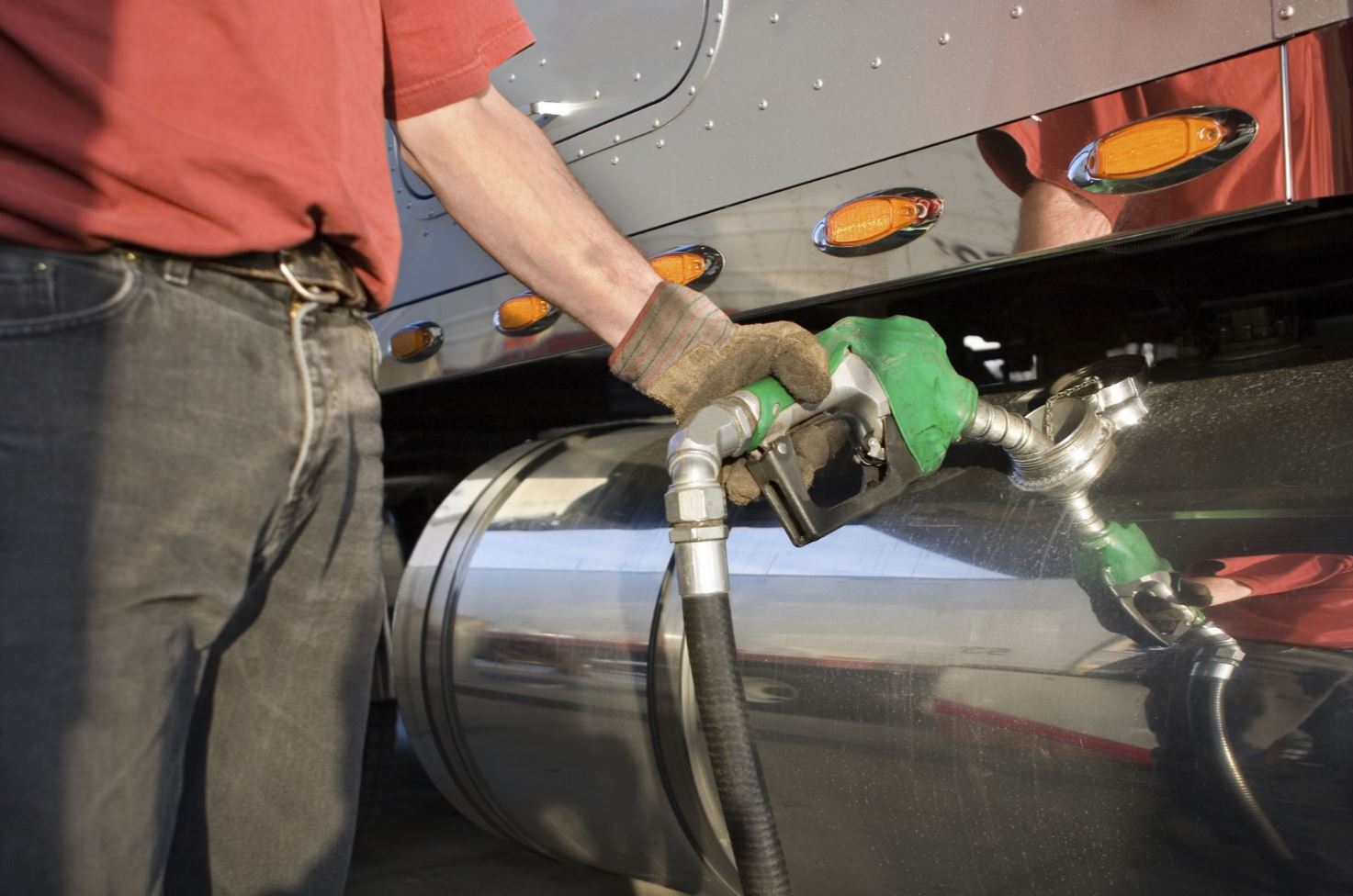
Got an IFTA question? Ask it here.
The first quarter of the IFTA reporting period is due on April 30th 2019 and whether you’re starting out in the industry or have been around for a while, taxes and the ensuing paperwork, especially for businesses, can be grueling. So let’s have a quick rundown on IFTA and what to prepare for your fuel tax reports for 2019. In this article, we cover:
- What is IFTA?
- IFTA quarterly due dates for 2019
- Who should get the IFTA licence?
- How much is an IFTA sticker?
- How does IFTA tax work?
- How to calculate IFTA?
- 2 important requirements that you must know regarding IFTA compliance
- Things you should consider to avoid penalties and fines
- IFTA Audit
- Tools that help with IFTA reporting (automated fuel expense tracking and distance/mileage reports)
What is IFTA?
Marc Moncion, our in-house safety and compliance expert, explains it best. IFTA is a reciprocity agreement among 48 states and 10 Canadian provinces (Alaska, Hawaii, and the Canadian territories do not participate) that is designed to make it simpler for the motor carrier to operate commercial motor vehicles outside of their home jurisdiction to report and pay fuel tax to the government.
Vehicles registered under IFTA receive credentials that allow the motor carrier to go to any IFTA jurisdiction without the need for temporary individual trip permits, which become very expensive over time.
A single quarterly report filed with the motor carrier’s base jurisdiction covers all of their travel. The motor carrier’s base jurisdiction is responsible for processing their IFTA returns, and apportioning funds to each jurisdiction or requesting net refunds owed to the motor carrier.
You have to file and pay fuel taxes on time; not filing your IFTA tax return or paying taxes owing, you may be charged interest and penalty, and your IFTA licence may be cancelled.
IFTA quarterly due dates for 2019
IFTA Reporting Quarter Return Due Date
1st Quarter – January to March April 30
2nd Quarter – April to June July 31
3rd Quarter – July to September October 31
4th Quarter – October to December January 31
Who should get the IFTA licence?
You should register for IFTA if:
- your commercial vehicle is a motor vehicle used for business purposes
- has two axles and a gross vehicle weight (or registered gross vehicle weight) of more than 11,797 kg (26,000 pounds)
- three or more axles regardless of weight, or
- a total registered gross vehicle weight of more than 11,797 kg (26,000 pounds) when used in combination with a trailer
- the vehicle travels between at least one other jurisdiction
A recreational vehicle, such as a motor home or a pickup with a camper, is not considered a qualified motor vehicle when used exclusively for personal leisure. Vehicles used in connection with a business operation are not considered recreational.
How much is an IFTA sticker?
The registration fee for your vehicle will depend on your state or province, gross vehicle weight, and jurisdiction(s) you need to register.
For example, the state fees for an 80,000 pound vehicle running all 48 lower states is between USD$1500 and USD$2000.
The initial IFTA decal fee in covered in every package. For IFTA, you will need to keep track of the mileage traveled in each jurisdiction and the fuel purchased in each state or province. You will receive an IFTA quarterly report to determine if you owe fuel taxes or if you get a fuel tax refund.
How does IFTA tax work?
If you purchase most of your fuel in a state (or a Canadian province) that has low fuel taxes and run most of your miles in states that have higher fuel taxes, you will owe taxes to those states with the higher fuel tax rates. If you purchase most of your fuel in a state with a high fuel tax rate and run most of your miles in states that have a lower fuel tax rate, those state will owe you a refund.
Fuel records must contain at a minimum:
- Date of each receipt of fuel
- Name and address of the person from whom purchased or received
- Number of gallons or liters received
- Type of fuel, and
- Vehicle or equipment into which the fuel was placed.
Acceptable receipts or invoices at a minimum must include the following information:
- Date of purchase
- Seller’s name and address
- Number of gallons or liters purchased
- Fuel type
- Price per gallon, liter, or total amount of sale
- Unit numbers, and
- Purchaser’s name
How to calculate IFTA?
First calculate the overall fuel mileage for all miles traveled for the quarter (eg. 1st quarter is January to March) to two decimal places: Total Miles Driven ÷ Total Gallons/Liters Purchased = Overall Fuel Mileage.
Remember, you’ll want to do this for every state or province you travelled in that is a jurisdiction member of IFTA.
Next, you want to figure out how many gallons/ liters you used in each state: Total Miles Driven State A ÷ Overall Fuel Mileage = Gallons Used State A.
Calculate how much would be required for each state for the miles you drove there: Total Gallons/Liters Purchased State A x Fuel Tax Rate State A = Fuel Tax Required State A.
Finally, you calculate how much tax you actually owe: Fuel Tax Required State A – Fuel Tax Paid State A = Fuel Tax Owed State A.
There are 2 important requirements that the motor carrier must know regarding IFTA compliance, warns Marc Moncion:
- IFTA as a tax-generating program is entirely dependent on motor carriers to accurately report mileage traveled and fuel that was purchased, received, and consumed. The motor carrier must be able to substantiate this information for a period of 4 years from the filing date, or the due date of the tax return to which they pertain, whichever is later. Late filings, missing or inaccurate data, or a substandard system for collecting and maintaining records will not be well received by an IFTA Auditor.
- Although IFTA is an agreement among member jurisdiction, there are different requirements in each jurisdiction when it comes to policies or regulations for fuel tax. Therefore, it is key for the motor carrier to take a systematic approach to IFTA compliance.
Marc’s Tip: Things you should consider adopting within your operations to avoid penalties and fines:
- The motor carrier must report all distance on their returns.
The motor carrier is required to report all distance for each vehicle licensed under their IFTA credentials. What reporting all distance means is all distance, even if the motor carrier did not travel or did not owe tax in the quarter, or their vehicle traveled outside their base jurisdiction infrequently.
For example, say the motor carrier has a vehicle that travels 100,000 miles in 2017, with 50,000 of those miles traveled in their home jurisdiction, and 25,000 miles each are travelled in two adjacent jurisdictions. All 100,000 miles and all fuel purchase are reportable.
The motor carrier still must file an IFTA quarterly tax return and schedule(s) in four quarters of the year, even if they left their home jurisdiction only once during a single quarter of the year. Based on Marc’s previous experience as a DOT Inspector, the highest volume of penalties and fines issued under IFTA are with respect to inaccurate distance records. Once the motor carrier puts an IFTA decal on their commercial motor vehicle, each mile traveled becomes reportable to IFTA.
- The motor carrier must check their fuel receipts.
In order to claim credit for tax paid on a retail fuel purchase, the motor carrier’s fuel receipt must show that the tax was paid at the pump, or directly to the taxing jurisdiction. In addition, the motor carrier’s base jurisdiction will have a list of requirements including the date of purchase, the quantity purchased, and information to verify that the vehicle is IFTA-credentialed and belongs to their fleet as I described above.
Please note that the original fuel receipt is not required. On the other hand, the IFTA Auditor will not accept any receipt that looks to have been altered or obliterated unless the motor carrier can demonstrate that the receipt is valid. Debates about the validity of a fuel receipt can become very expensive, as the motor carrier may end up paying the IFTA Tax twice – once at the pump and again on the IFTA return because the motor carrier has to declare this fuel purchase as non-tax paid fuel to IFTA.
IFTA Audit
If audited, the motor carrier would have to comply with the retention and availability of records according to section 100 of the IFTA Procedures Manual. So make sure to keep your records and reports for 4 years.
Tools that help with IFTA reporting
Fleet Fuel Cards
Connect your fuel cards to Fleetio and automatically track your fleet’s fuel expenses. Fuel card transactions are automatically downloaded every time you use it. Metrics like MPG and cost-per-mile are calculated for each transaction. Invalid odometer readings are automatically detected. Integrated fuel cards include Fleetcor, Wex, and Comdata.
Distance Reports with Fleet Complete
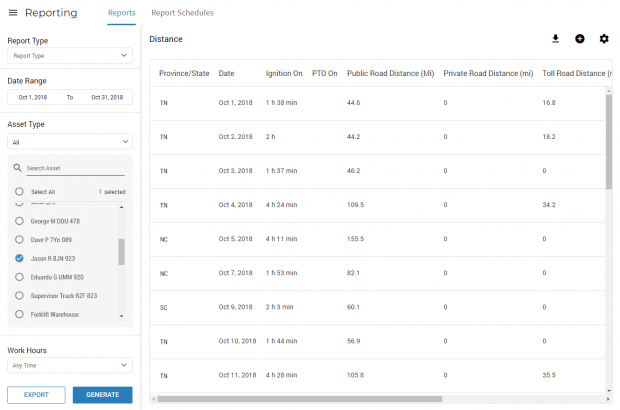
Using Fleet Complete fleet management software, you should use the Fleet Complete ‘Distance Report’ to support your IFTA returns in addition to/or instead of paper documents.
To run a Distance Report in Fleet Complete:
- Click on the main menu in the top left corner and select Reports under the Reporting module.
- In the Report Type drop-down field, select Distance.
- Choose the date range, pick an asset or assets that you need to pull the report for, select the appropriate Work Hours schedule (if you have one set up) and click Generate or Export.
Generate mileage reports with BigRoad
When you use BigRoad’s DashLink, you have access to your state-by-state mileage reporting that you can use to facilitate your IFTA reports. The report tracks how many miles you’ve driven in each state, not the specific roads you took. However, if you are interested in a map of your route to see exactly which roads you or your drivers took, you can access that from inside the BigRoad Web App.
You can also generate mileage reports that can you used in preparing your IFTA filings from the report tab in the BigRoad web app.













